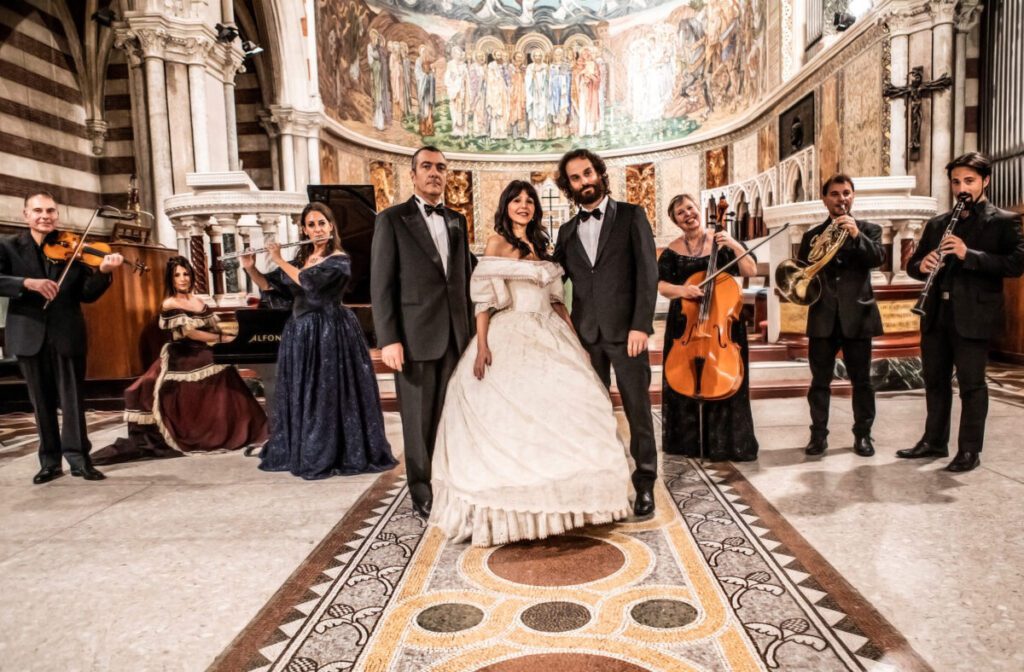Blog
Italian opera history: what you need to know!
Let’s start with the language: Italian opera history
When you read a story, the first thing you encounter is the language; to start, you have to know the language. So let’s start our journey through Italian opera history with the language itself and the word opera. It is the Italian word “opera,” which comes from the Latin “opus“, meaning a work, an activity, but also a work of art, and in the divine sense, creation itself. Therefore it is about doing, producing, achieving something, and finally creating: Italian opera history, then, is the story of an artistic creation that begins in …
Italian opera history: first the language, then the time and place of origin
… the 16th century, towards the end of the century. Italian opera originated almost five hundred years ago—incredible, isn’t it? Without forgetting the “pastoral drama” of the end of the 15th century, without which it would be very boring! So, Italian opera history unfolds alongside Italian history and its birthplace is, obviously, Florence. Why “obviously”? It’s simple: the most important and richest families in the country were living in Florence at that time. Around the Bardi family an entirely new type of performance came about, called “sung acting”. The Medici family was interested in this emerging new genre and commissioned what can be considered the first Italian opera “La Pellegrina”.
Italian opera history continues…

From these origins, Italian opera spread throughout Europe and, in the meantime, several local currents developed, such as Roman, Neapolitan and Venetian. But the period in which the development of Italian opera flourished the most was between the 19th century and the beginning of the 20th century, thanks to genius artists such as Gioacchino Rossini, Giuseppe Verdi and Giacomo Puccini. These composers collaborated with librettists inspired by the Romanticism movement and Shakespeare but also by French naturalism and the Scapigliatura artistic movement. Some prominent figures include Eugène Scribe, Arrigo Boito, and Antonio Ghislanzoni. Italian opera history remains Italian but is enriched by important contributions from the rest of Europe. And don’t forget that the story of Verdi’s “La Traviata” comes from Francesco Maria Piave’s libretto based on Alexandre Dumas fils’s novel “La Dame aux Camélias“.
Italian opera history and us
And here we are, we have finally arrived! Today we can appreciate the grandeur of Italian opera history thanks to the I Virtuosi dell’opera di Roma Orchestra, which restores the authenticity of great Italian opera. You cannot miss incredible shows like “La Traviata” or “Enchanting Opera Arias,” which take you on a journey through both the musical and literary history of Italy. For more information visit our Shows page. We can’t wait to see you!

